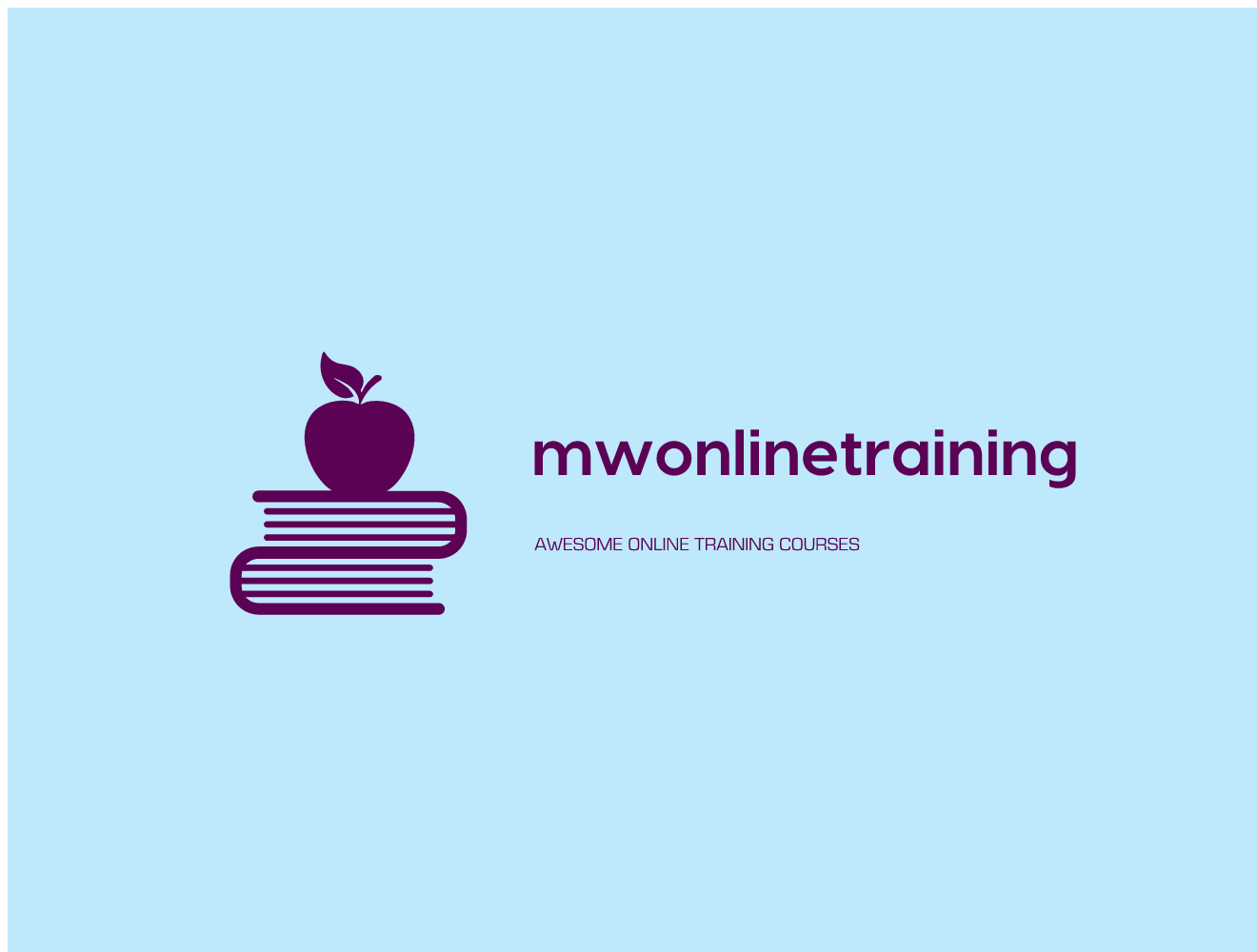
Managing the responsibilities of parenthood as a single parent can be difficult at times, especially if you have to deal with the fact that your child engages in self-harming behaviours. With the appropriate resources and assistance, you can effectively address this problem and aid your child in their path to recovery.
Promote honest and open communication: Encourage your child to talk to you about their feelings and experiences.
Provide a secure space where they may express their emotions without worrying about being judged or criticised. This can assist you in uncovering any underlying problems and collaborating to create effective coping mechanisms.
Set up routines and limits: Giving your child a steady, predictable environment might help them feel more in control and secure. Create dependable routines, such as established mealtimes and bedtimes, and communicate your expectations for behaviour.
Finally, it is important to educate yourself, promote open communication, seek professional assistance, set routines and boundaries, serve as an example of good coping mechanisms, build support networks, and acknowledge improvement when tackling self-harm in single-parent families. You may provide your child the support and direction they require to stop self-harming behaviours and strive towards a healthier, happier future by putting these strategies into practise.
Educate yourself: Learning about the origins, symptoms, and available treatments for self-harm is the first step in dealing with it. Understanding the causes of self-harm can help you empathise with your child and offer the right kind of support.
Promote honest and open communication: Encourage your child to talk to you about their feelings and experiences.
Provide a secure space where they may express their emotions without worrying about being judged or criticised. This can assist you in uncovering any underlying problems and collaborating to create effective coping mechanisms.
Include mental health specialists, such as therapists or counsellors, in your child's healing process by seeking professional assistance. They can offer knowledgeable direction, assistance, and resources catered to your child's particular requirements.
Set up routines and limits: Giving your child a steady, predictable environment might help them feel more in control and secure. Create dependable routines, such as established mealtimes and bedtimes, and communicate your expectations for behaviour.
Show healthy ways to deal with stress and unpleasant feelings, such as exercising mindfulness, taking care of oneself, and employing problem-solving methods. Your youngster can take these tactics from your example and use them to their own lives.
Establishing relationships with friends, family, or support groups can give you the emotional and practical resources you need to go through this trying journey. These networks can provide knowledge, share experiences, and foster an understanding that lessens feelings of loneliness.
Recognize and applaud your child's accomplishments, no matter how minor. This may encourage them to keep pursuing healing and make them feel better about themselves.
Finally, it is important to educate yourself, promote open communication, seek professional assistance, set routines and boundaries, serve as an example of good coping mechanisms, build support networks, and acknowledge improvement when tackling self-harm in single-parent families. You may provide your child the support and direction they require to stop self-harming behaviours and strive towards a healthier, happier future by putting these strategies into practise.
